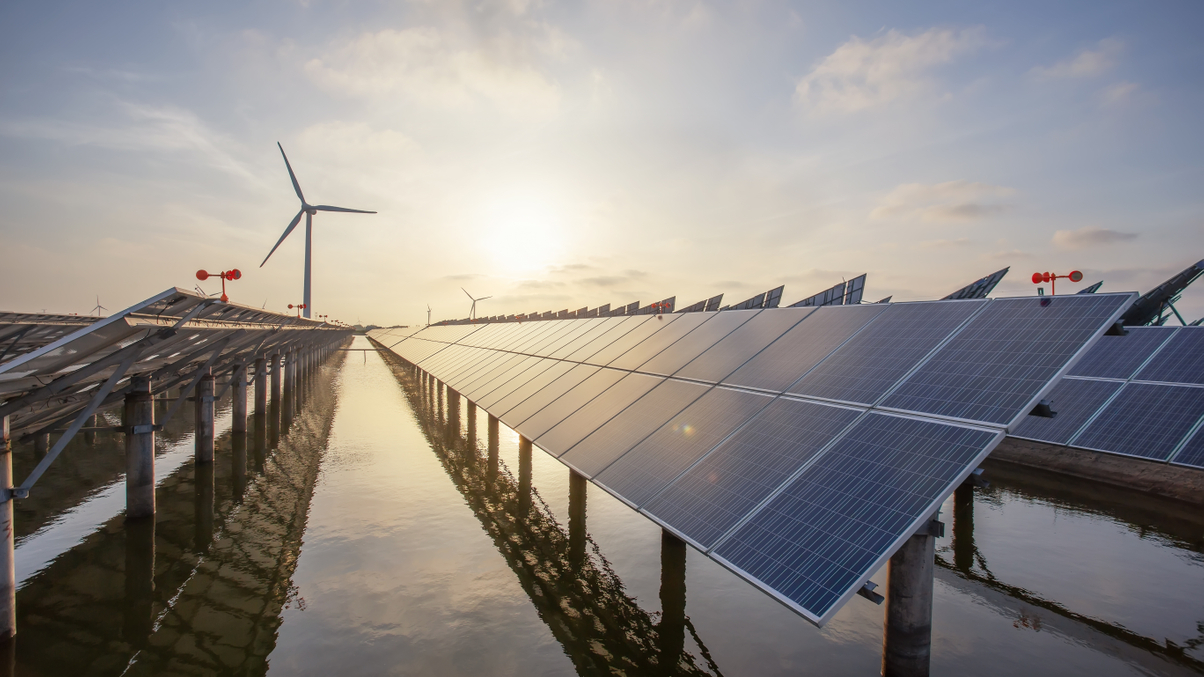Market Views: Which subsectors will benefit from China's carbon neutral push?
Investors should dig deeper into subsectors along the value chain to benefit from China’s carbon neutrality push, Asian equities experts said.

As the Chinese government continues its clampdown on the tech and education sectors, investors are looking towards industries that are aligned with the country’s national development objectives in a bid to minimise regulatory risk.
Sign in to read on!
Registered users get 2 free articles in 30 days.
Subscribers have full unlimited access to AsianInvestor
Not signed up? New users get 2 free articles per month, plus a 7-day unlimited free trial.
¬ Haymarket Media Limited. All rights reserved.


